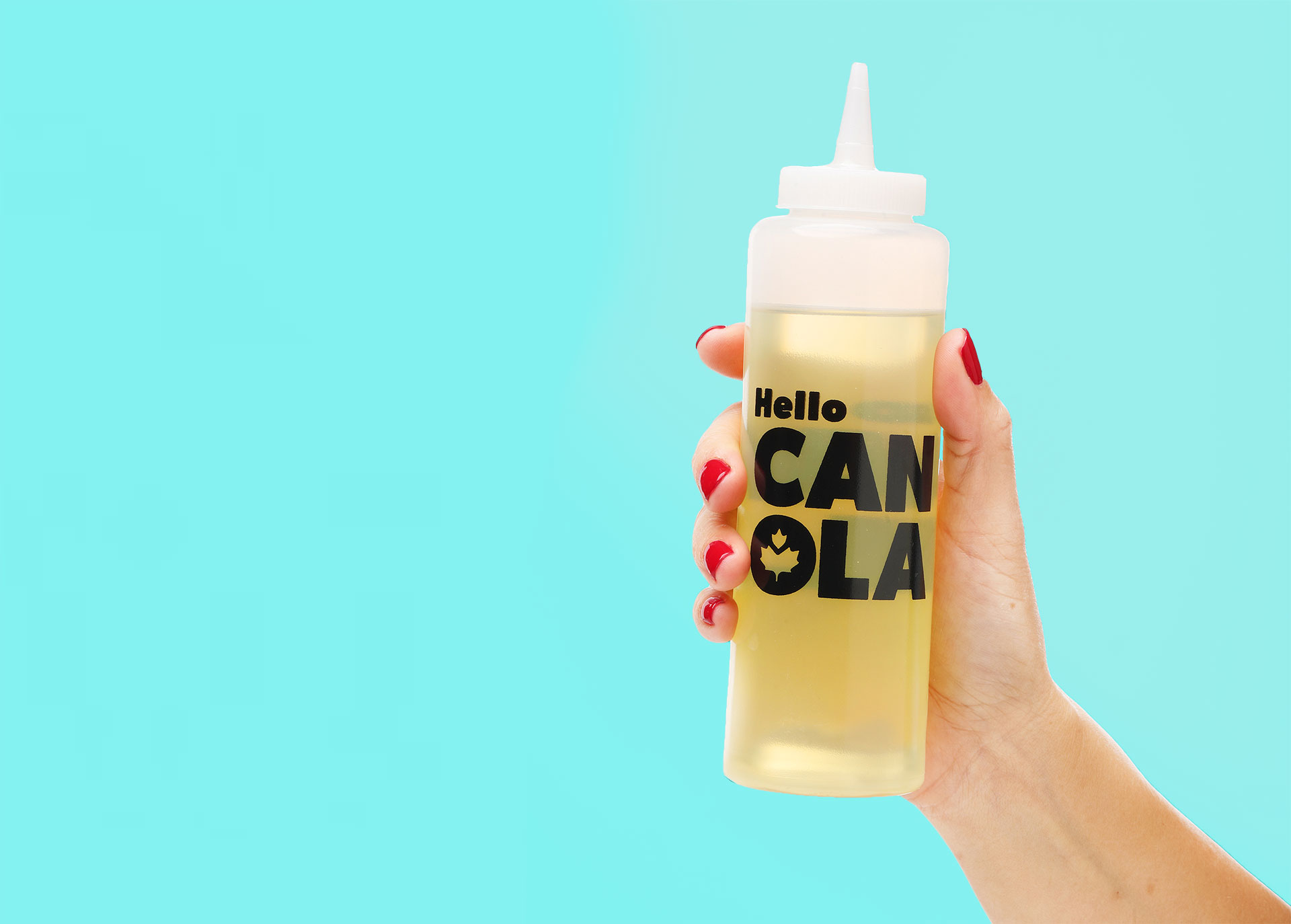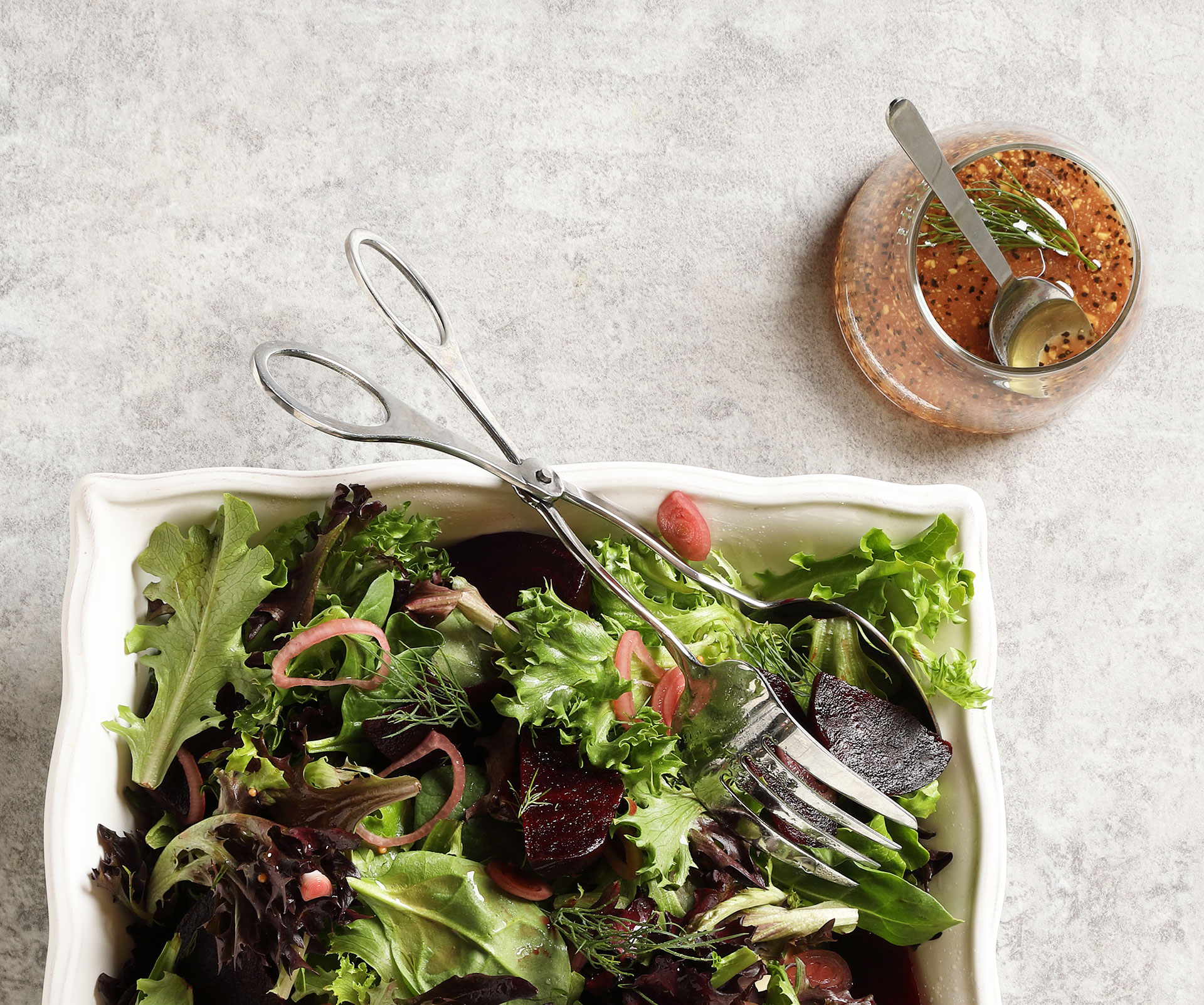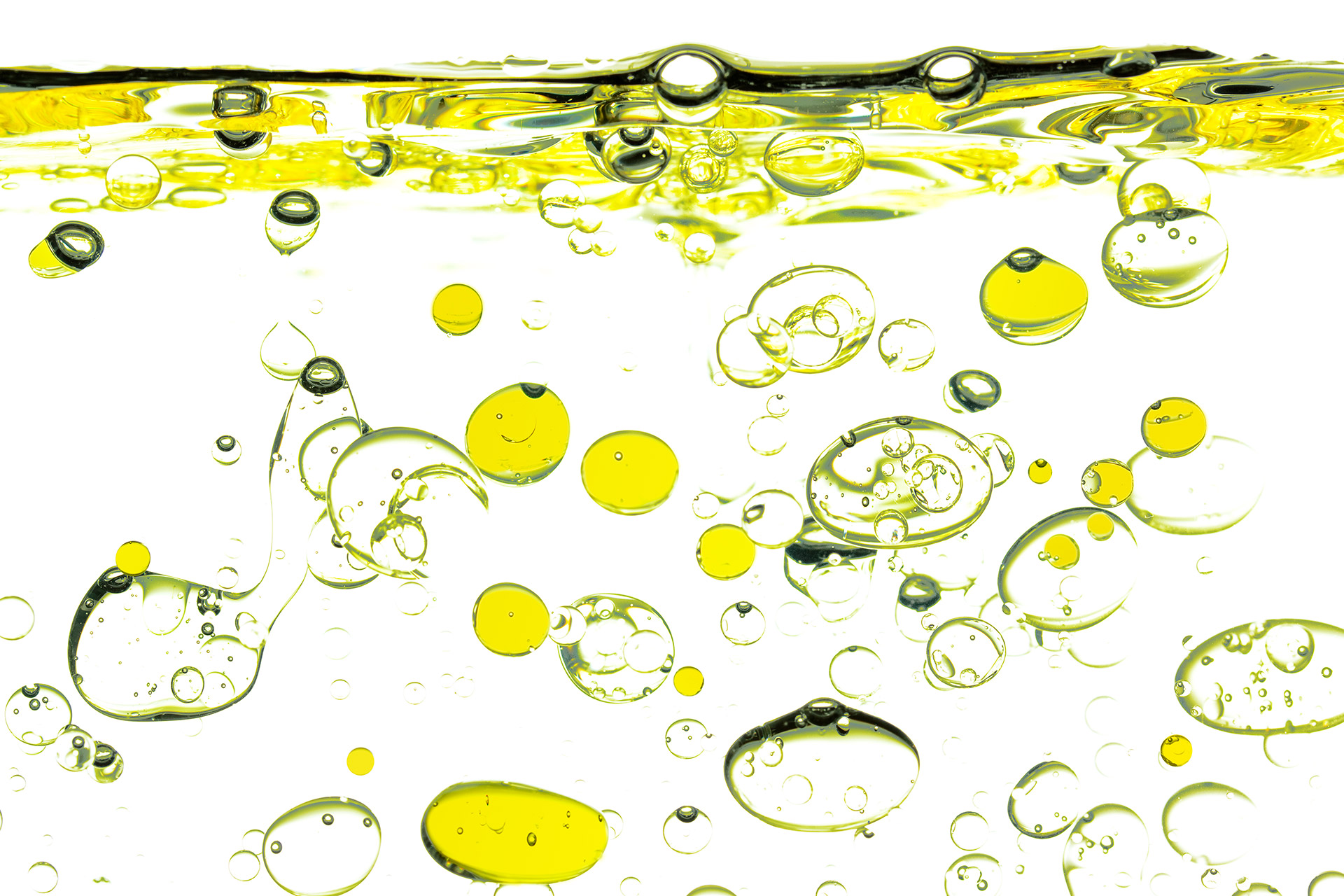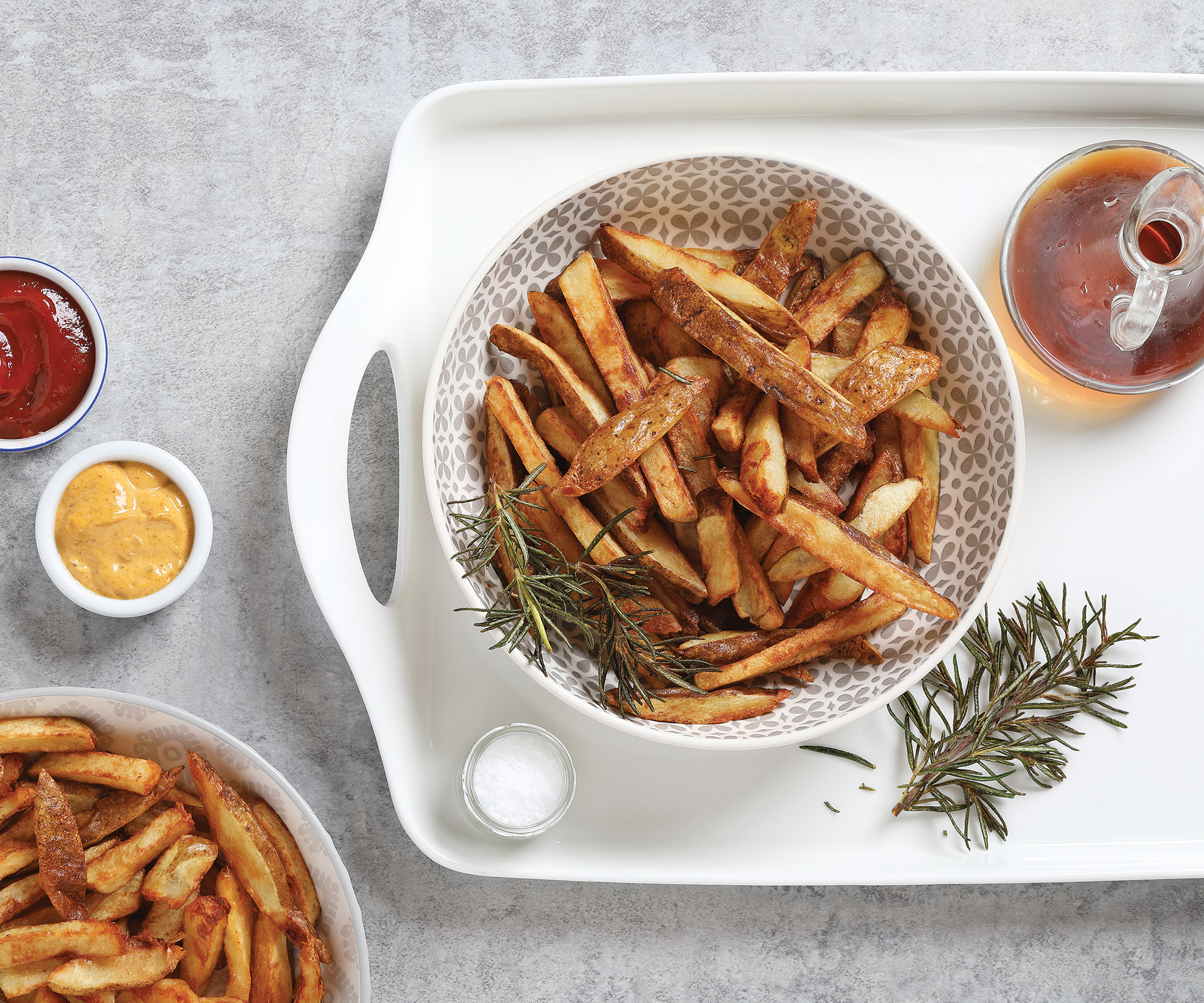When you think of canola, you probably picture rolling fields filled with blooming yellow flowers or simply know it as your go-to cooking oil. However, uses for the crop have expanded far beyond the kitchen.
While canola was originally developed by Canadian researchers for cooking purposes, uses for the plant have multiplied in the past few decades. Popping up in more and more aspects of our daily lives, canola has many qualities that make it incredibly versatile and in demand from a variety of industries.
These qualities include:
- Moisturizing properties
- Strong binding properties
- High levels of protein
- Biodegradable, sustainable, and renewable
Thanks to these special qualities, here are some of the most unexpected places you might find canola!
A staple in the home… but not just for cooking purposes
Canola is in everything from cooking sprays and margarine to salad dressings and coffee whiteners. It can be found in hand soap, the plastic wrap in your cupboard, as an ingredient in dust suppressants, and in your printer ink. Put simply, canola is everywhere in our living spaces. Even the bathroom!
Glowing skin and clean teeth, all thanks to canola

Making an impact in odd and unusual places
Canola’s impact extends beyond the home as it’s used in industrial lubricants, oiled fabrics, and plasticizers, acting as an environmentally friendly option in things such as bags, wraps and fabrics.
Did you know that when plastic casings are added to windowpanes, canola is often used as a softening agent for the application? Canola is also used as a mold releaser in metal fabrications and can be found in rubber tires, as it makes the tires softer and more flexible – particularly in freezing weather. Canola meal can be used as a fertilizer for potatoes and golf course greens as well.

Keeping our furry friends healthy and happy
Canola meal – the byproduct left after the oil has been extracted from the canola seed – is an important ingredient in livestock and pet feed. Offering high levels of protein and essential amino acids, canola meal is often viewed as an important food supplement for many animals. While primarily used in livestock feed, it is becoming a more common ingredient in pet foods for cats, dogs, and fish.

Canola: The future
Even if many Canadians are still unaware of the impact and importance canola has on our lives inside and outside of the home, its various uses and versatility make it a highly sought-after crop around the globe. In addition to its growing importance to the food industry, the possibilities for canola in manufacturing, beauty, and plasticizing are endless and expanding rapidly.







